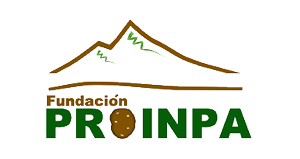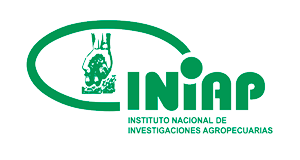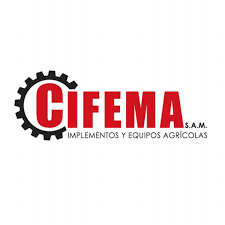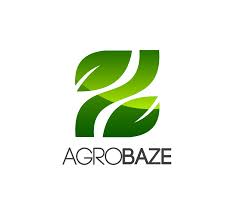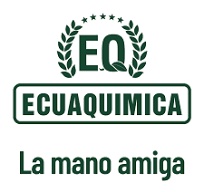Nanotechnology for soil moisture management in agricultural lands of the Andean Region
A project to be carried out in the Andean regions of Bolivia and Ecuador will develop nanoclays and hydrogels to improve soil moisture retention, mitigate drought, and adapt crops to new climate scenarios.
Context of the story
The Andean region of Bolivia and Ecuador is experiencing significant shifts in climate patterns. Droughts are recurrent, severely affecting agricultural productivity, food security, and the local economy. It is essential to develop adaptation strategies that help farmers mitigate the negative effects of climate variability and drought. These countries are home to unique ecosystems that are also under threat from climate change. Protecting these ecosystems is vital to preserving biodiversity and essential ecosystem services.
Promoting sustainability and resilience in fragile Andean agroecosystems through nanotechnology for efficient soil moisture management to enhance productivity and crop diversification.
The implemented initiative
Research institutions in Bolivia and Ecuador, together with the agricultural production sector in the Andean region, aim to promote the sustainability and resilience of fragile Andean agroecosystems through efficient soil moisture management. This will help increase productivity and crop diversification as a food security and climate adaptation strategy. The project will develop nanoclays and hydrogels to improve soil moisture retention capacity, which will be participatively evaluated and validated in various crops and agroecosystems across Bolivia and Ecuador. Results will be disseminated through regional soil moisture management platforms.
Development of nanoclays and hydrogels to reduce soil moisture loss, improve productivity, and promote crop diversification in fragile Andean agroecosystems.
The technological solution
The project strategy is based on the development and use of nanoclays and hydrogels. Nanoclays consist of ultra-fine particles with a high surface area and expansion capacity, allowing them to retain large volumes of water. Hydrogels are made from cellulose fibers derived from agricultural waste and are low-cost and environmentally friendly, making them ideal for agricultural use. After laboratory development, both materials will be tested and validated in fragile Andean agroecosystem soils to evaluate their effects on water retention, microbial diversity, and agricultural productivity.
Type of project
Results
The project aims to develop nanoclays and/or hydrogels that increase soil moisture retention capacity by more than 10% and improve crop productivity by over 20%. These materials will be validated with the active participation of agricultural sector stakeholders in Bolivia and Ecuador. Widespread acceptance is expected among producers, along with potential interest from private companies in producing and commercializing the products. Results will be disseminated through training sessions, printed materials, scientific publications, and other means. Online platforms managed by co-executing agencies, partner organizations, and other project-related institutions are expected to reach over 2,000 actors in the productive, scientific, and academic sectors.

 Back to the project
Back to the project Bolivia
Bolivia Ecuador
Ecuador